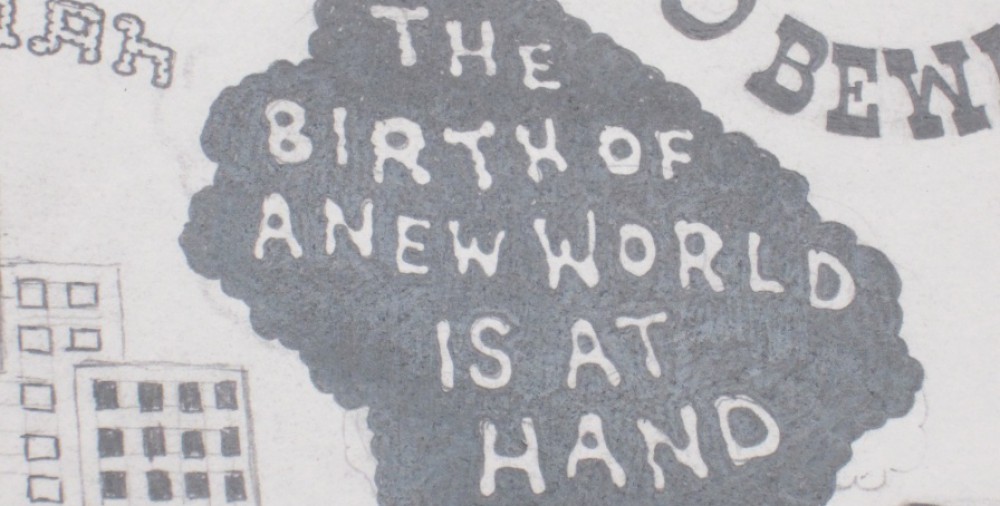“The Machine stops” was written by E.M. Forster. The author portrays a world into the future, by showing people’s lives existing in the interior of the earth .The impetus for the migration is the destruction of the surface of the earth. There are two main characters in the story, Vashti, the mother, and her son Kuno. The story begins with a description of a small room, where lives Vashti, who spend most her time in armchair. In the beginning of the story we see conversation between the mother and her son through the telephone. Huno tried to explain his mother that he wants to see her in person not from the plate, which is the standard communication method. “The Machine is much, but it is not everything. I see something like you in this place, but I do not see you. I hear something like you through telephone, but I do not hear you”(page2). However, the mother is irritable by his request and does not understand his son. She does not see any necessity to see each other face to face. Technology has such an overwhelmingly predominate position in her life that even the relationship with her son became less important to her. “I have called you before, mother, but you were aways busy or isoleted”.The author utilizes many dialogs in his writings which enable him to emphasize the differenses between son and his mother.
Kuno portrays a rebel against a social life made everyone dependence only with technological world. “We create the Machine, to do our will, but we cannot make it do our will now. It has robbed us of the sense of space and of the sense of touch, it has blurred every human relation and narrow down love to carnal act, it has paralysed our body and our wills, and now it compels us to worship it. Machine develops-but not on our lines”(page 15). Currently, everyone use to many different means of technology that it starts controlled out life. Our vision is impossible without such a things as phones, internet, computers. The author shows in his story the downside of technilogical advance .The technilogical development is conducive to reducing human contact and isolating people from each other.



